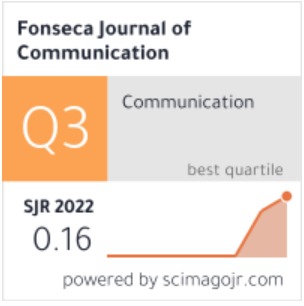CULTIVATION OF PROFESSIONAL ETHICS AND PROFESSIONAL QUALITY IN TEACHER EDUCATION – AN EMERGENCE ON THE FIT BETWEEN SOCIAL NEEDS AND TRAINING OF NORMAL STUDENTS
WeiWei
Krirk University International College Educational Administration, Thailand
Abstract
Experiential learning is an educational approach that emphasizes the practical application of knowledge and skills in real-world contexts. It has gained attention as an effective teaching method that promotes student engagement, active learning, and the development of essential skills. Additionally, the social needs of students, such as belonging and connections, play a crucial role in their overall well-being and academic success. This study examined experiential learning, teaching methodologies, students’ social needs, teaching effectiveness, professional ethics, professional competency, and student achievement in the Chinese education system. The study examined how experiential learning, teaching approaches, and students’ social needs affect professional ethics, competence, and achievement. Teaching efficacy and teacher motivation mediated and moderated these correlations, respectively. 435 Chinese students and teachers were sampled for a quantitative study. AMOS was used to analyze data from self-administered questionnaires. Experiential learning, educational approaches, and students’ social requirements positively correlated with professional ethics, competence, and achievement. Teaching efficacy was identified as a mediator in these relationships, indicating
its role in translating experiential learning, teaching methods, and students’ social needs into favorable educational outcomes. Moreover, teacher motivation was found to moderate the relationship between teaching efficacy and professional ethics, professional competence, and student achievement. This research enriched the existing literature by presenting empirical evidence of the connections among experiential learning, teaching methods, students’ social needs, teaching efficacy, professional ethics, professional competence, and student achievement within the Chinese education system. The findings enhanced our comprehension of the factors that influence educational outcomes and emphasize the significance of incorporating experiential learning, effective teaching methods, and addressing students’ social needs. The practical implications of this study benefit educational practitioners, policymakers, and researchers in promoting ethical conduct, improving professional competence, and fostering academic achievement.















